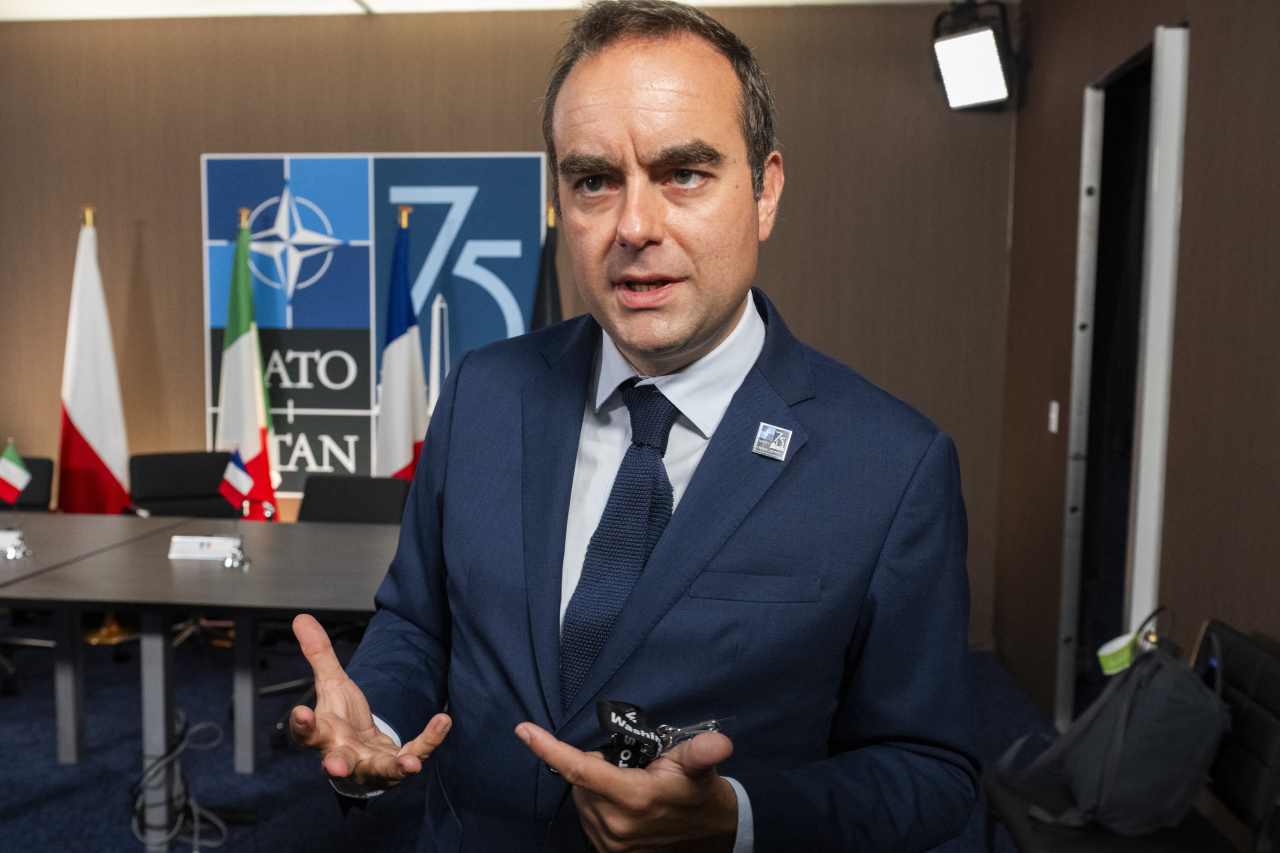The stunning collapse of France’s government in a matter of hours has sent shockwaves through global markets, with U.S. Treasury yields jumping as investors scramble for safety amid fears of escalating European instability. On October 6, 2025, Prime Minister Sébastien Lecornu tendered his resignation less than a month into the job, plunging President Emmanuel Macron’s administration into deeper chaos and igniting French PM resignation headlines worldwide.
This dramatic twist unfolded against the backdrop of France’s fractured parliament following snap elections in June that left no clear majority. Lecornu, a centrist ally of Macron appointed on September 9, unveiled his cabinet lineup early Monday only to face immediate backlash from left-wing parties over perceived rightward tilts in key posts like interior and finance. Hours later, around 10 a.m. Paris time, he submitted his resignation to the Élysée Palace, which Macron swiftly accepted, marking the shortest-serving government in modern French history at just 27 days. The move stems from ongoing budget battles, with opposition forces vowing to block fiscal reforms amid a €60 billion deficit projected for 2026.
Markets reacted with fury. France’s benchmark 10-year bond yields surged as much as 9 basis points to 3.6% before easing slightly to 3.563%, signaling heightened risk premiums for French debt. The CAC 40 index tumbled nearly 2%, with bank stocks like Société Générale and BNP Paribas leading the plunge on worries over lending exposure. The euro weakened 0.8% against the dollar, hitting a three-month low as traders eyed potential ECB interventions. This volatility spilled over borders, with the French-German bond spread widening to its highest level this year, underscoring investor flight from peripheral eurozone assets.
The U.S. Treasury market, often a global haven, wasn’t spared. Yields on 10-year Treasuries climbed 5 basis points to 4.12%, as safe-haven buying paradoxically pushed prices down in a flight to liquidity. Analysts point to interconnected risks: A paralyzed French budget process could delay EU-wide recovery funds, stoking inflation fears and pressuring the dollar’s reserve status. “This isn’t isolated—French political crisis is amplifying global market jitters, drawing parallels to 2011 debt scares,” said Deutsche Bank strategist George Saravelos in a morning note.
Public and expert reactions poured in fast. On social media, #LecornuResigns trended globally, with French users venting frustration over “endless circus politics” while EU watchers warned of snap elections by year’s end. Conservative leader Éric Ciotti mocked Macron as a “lame duck,” demanding immediate polls, while leftists like Jean-Luc Mélenchon decried the cabinet as “technocratic poison.” Economists were grim: ING’s Carsten Brzeski called it a “budget paralysis bomb,” predicting stalled reforms could add 20 basis points to eurozone yields if unresolved by November. Bloomberg’s Marc Forgione highlighted the irony: “Macron’s back against the wall, but markets are pricing in his vulnerability like a sitting duck.”
For American investors and households, the fallout feels immediate and multifaceted. Economically, rising Treasury yields could hike mortgage rates further—from 6.8% now to 7% by Q4—squeezing the $1.5 trillion refi market and delaying home sales in battleground states like Florida and Arizona. Politically, it tests U.S.-EU ties under a potential Trump return, as French gridlock might weaken NATO spending commitments, indirectly boosting defense stocks but rattling transatlantic trade worth $1.2 trillion annually. Lifestyle hits include pricier European vacations, with Air France shares down 3%, and tech angles: AI trading algorithms amplified the selloff, sparking debates on volatility controls at the SEC. In sports? Even Premier League betting odds shifted on French-owned clubs like Marseille, as owners eye fiscal ripple effects.
User intent amid this turmoil centers on risk assessment—traders hunting yield curve signals, retirees safeguarding bond portfolios. Macron’s team has managed the crisis with poise so far, hinting at caretaker governance while scouting a new PM from the center-left, but whispers of emergency EU summits grow louder.
In summary, Lecornu’s abrupt exit exposes France’s fragile coalition experiment, with global market jitters likely to linger until a stable budget path emerges. As Treasury yields stabilize and eyes turn to Berlin for ECB cues, this episode reminds investors that European politics remains a powder keg, potentially reshaping 2026’s fiscal landscape from Paris to Washington.
By Sam Michael
Follow us for the latest updates and subscribe to our newsletter for push notifications on breaking stories like French PM resignation market impacts.
French PM resignation, Lecornu resignation, French political crisis, global market jitters, Treasury yields rise
